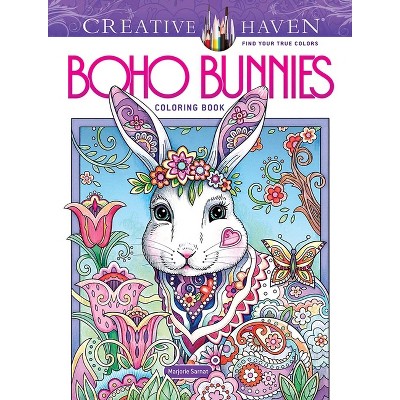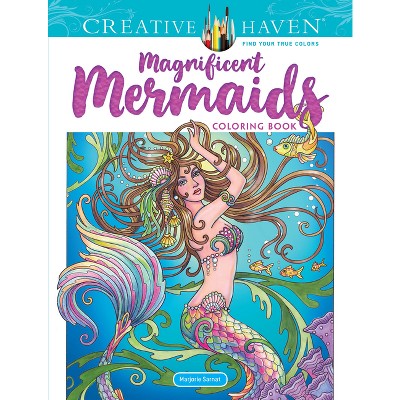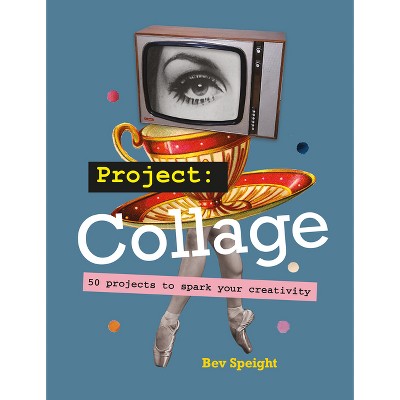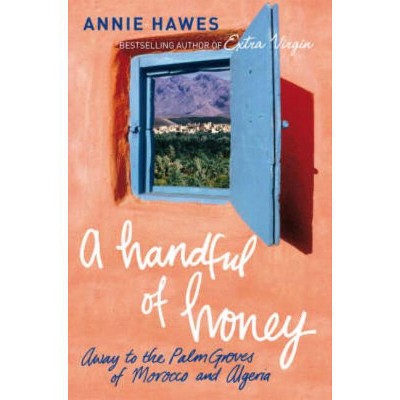About this item
Highlights
- After working as a stylist in Paris, Elizabeth Hawes (1903-71) launched one of the first American design houses in Depression-era New York.
- About the Author: American clothing designer Elizabeth Hawes (1903-71) was an outspoken critic of the fashion industry and champion of ready-to-wear styles.
- 352 Pages
- Literary Collections, General
Description
About the Book
Combining autobiography with a history of the fashion industry during the 1920s and '30s, this astute and witty memoir by a leading American designer encourages consumer rebellion against fads.Book Synopsis
After working as a stylist in Paris, Elizabeth Hawes (1903-71) launched one of the first American design houses in Depression-era New York. Hawes was an outspoken critic of the fashion industry and a champion of ready-to-wear styles. Fashion Is Spinach, her witty and astute memoir, offers an insider's critique of the fashion scene during the 1920s and '30s."I don't know when the word fashion came into being, but it was an evil day," Hawes declares. Style, she maintains, reflects an era's mood, altering only with changes in attitude and taste. Fashion, conversely, exists only to perpetuate sales. Hawes denounces the industry's predatory practices, advising readers to reject ever-changing fads in favor of comfortable, durable, flattering attire. Decades ahead of her time, she offers a fascinating and tartly observed behind-the-scenes look at the fashion industry's economics, culture, and ethics.
From the Back Cover
After working as a stylist in Paris, Elizabeth Hawes (1903-71) launched one of the first American design houses in Depression-era New York. Hawes was an outspoken critic of the fashion industry and a champion of ready-to-wear styles. Fashion Is Spinach, her witty and astute memoir, offers an insider's critique of the fashion scene during the 1920s and '30s.
"I don't know when the word fashion came into being, but it was an evil day," Hawes declares. Style, she maintains, reflects an era's mood, altering only with changes in attitude and taste. Fashion, conversely, exists only to perpetuate sales. Hawes denounces the industry's predatory practices, advising readers to reject ever-changing fads in favor of comfortable, durable, flattering attire. Decades ahead of her time, she offers a fascinating and tartly observed behind-the-scenes look at the fashion industry's economics, culture, and ethics.
Dover (2015) republication of the edition published by Random House, New York, 1938.
See every Dover book in print at
www.doverpublications.com
About the Author
American clothing designer Elizabeth Hawes (1903-71) was an outspoken critic of the fashion industry and champion of ready-to-wear styles. In addition to her work as a fashion stylist and journalist, she was among the first Americans to establish a reputation beyond Parisian haute couture as well as a union organizer and political activist.
Brooklyn-based writer Alice Gregory has contributed to The New Yorker, The New York Times, Times Magazine, Slate, Elle, Harper's, The Boston Globe, and other publications.












